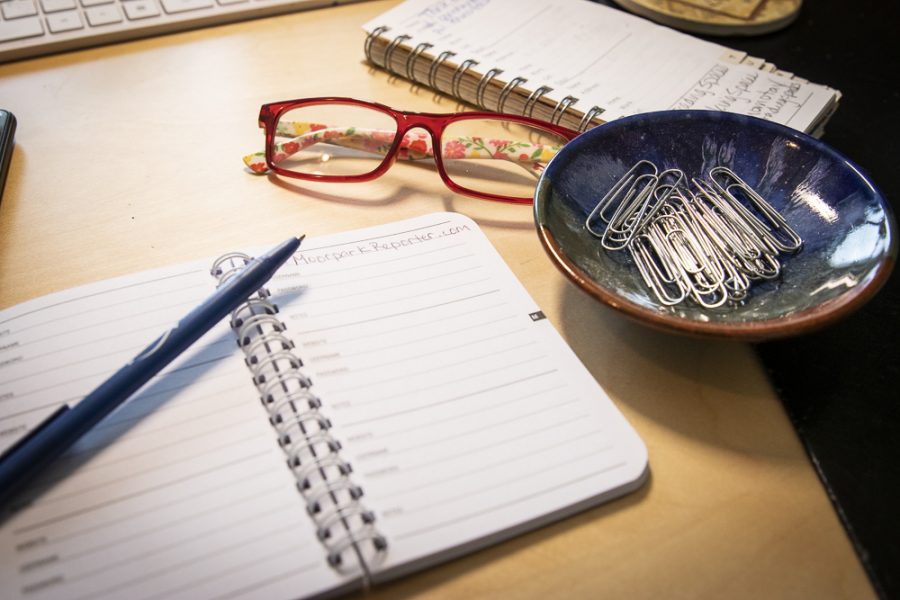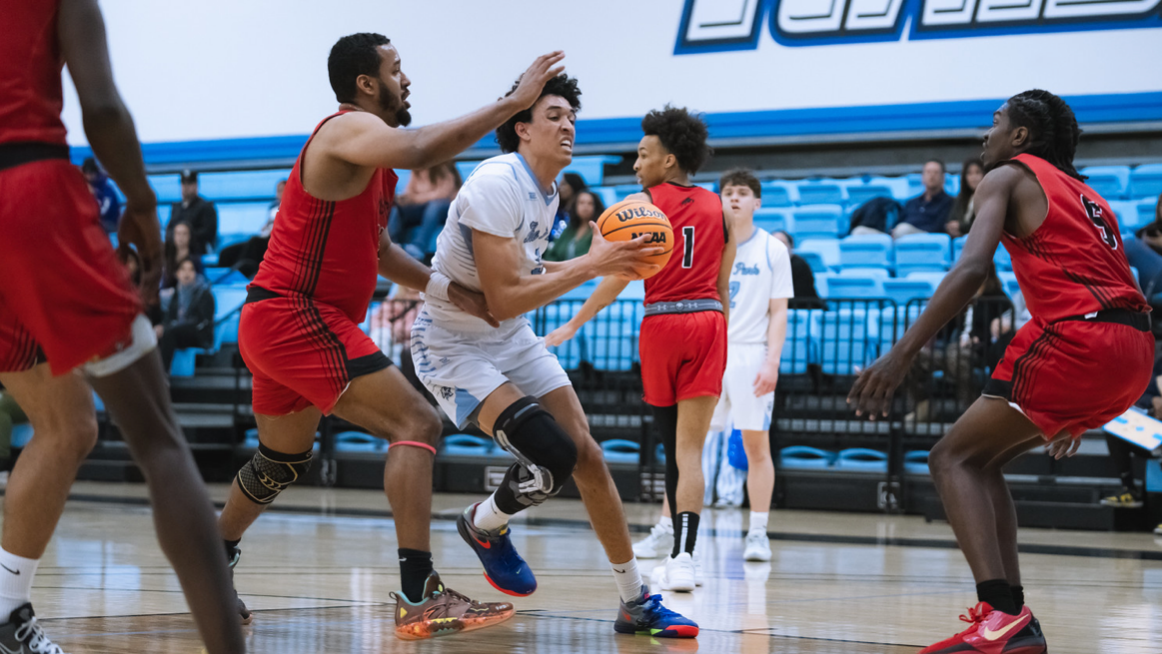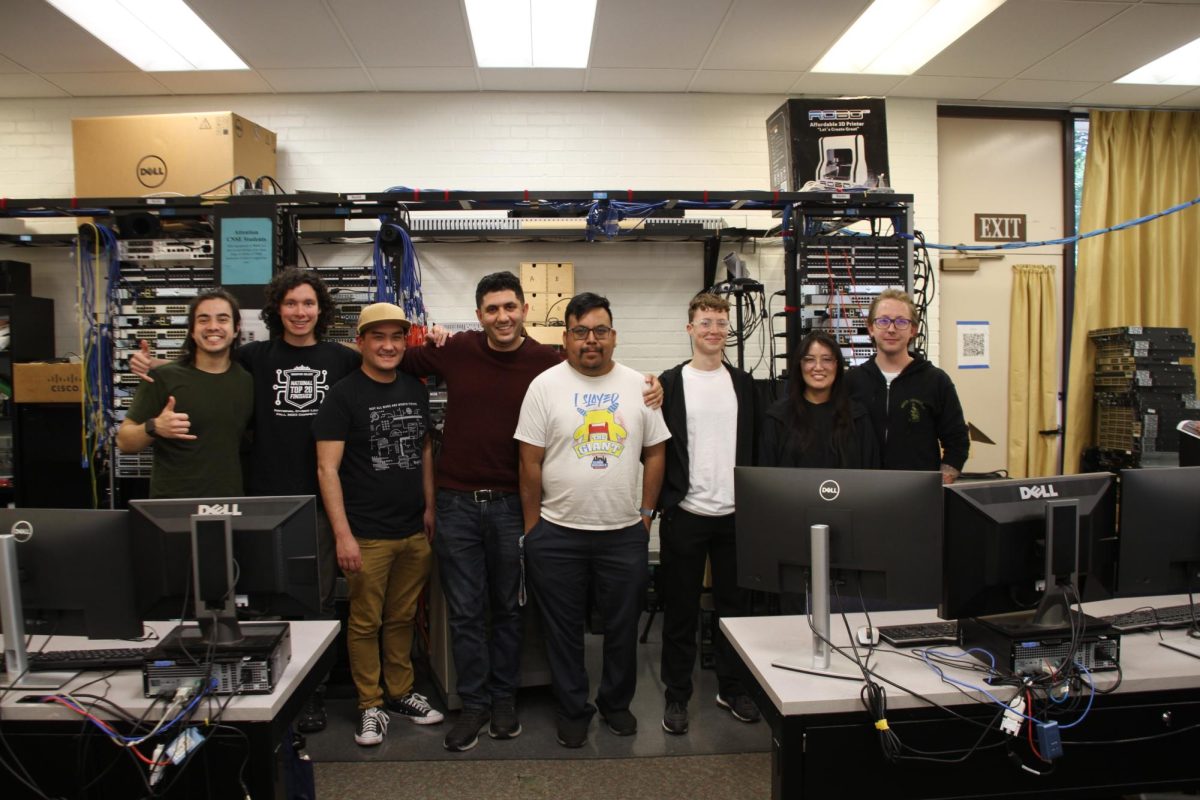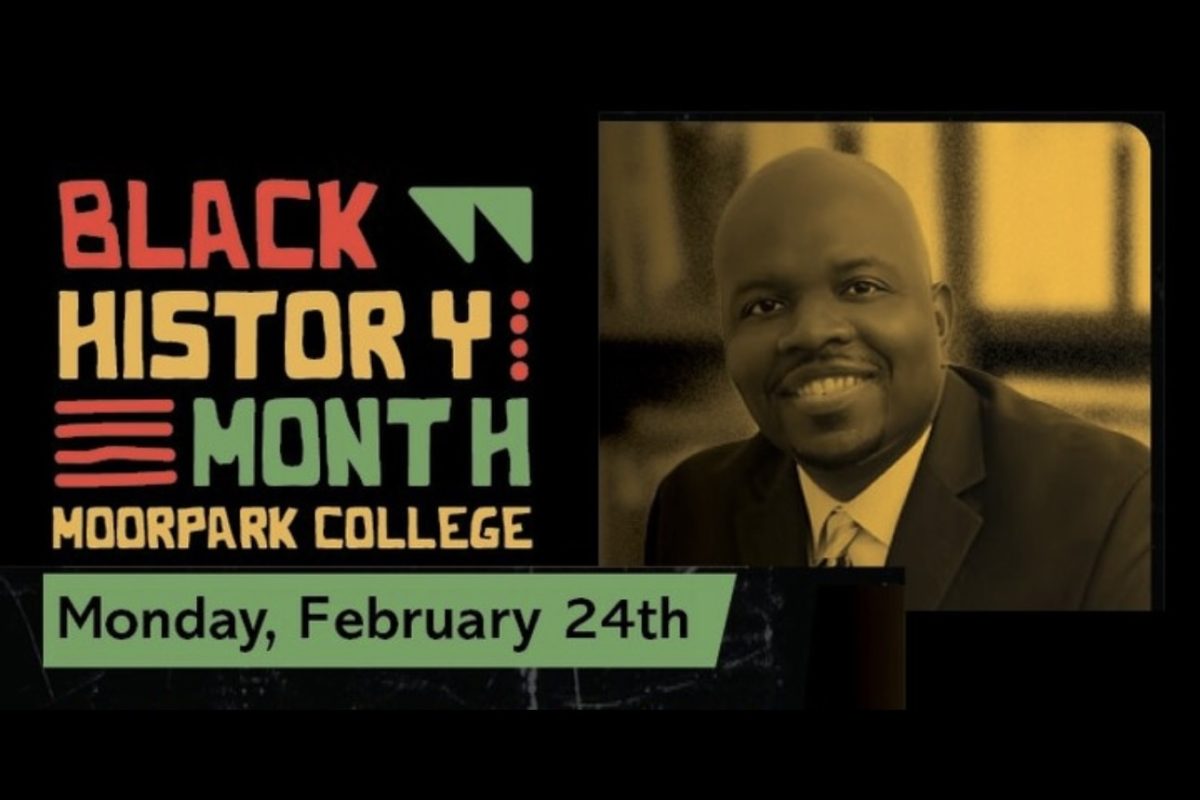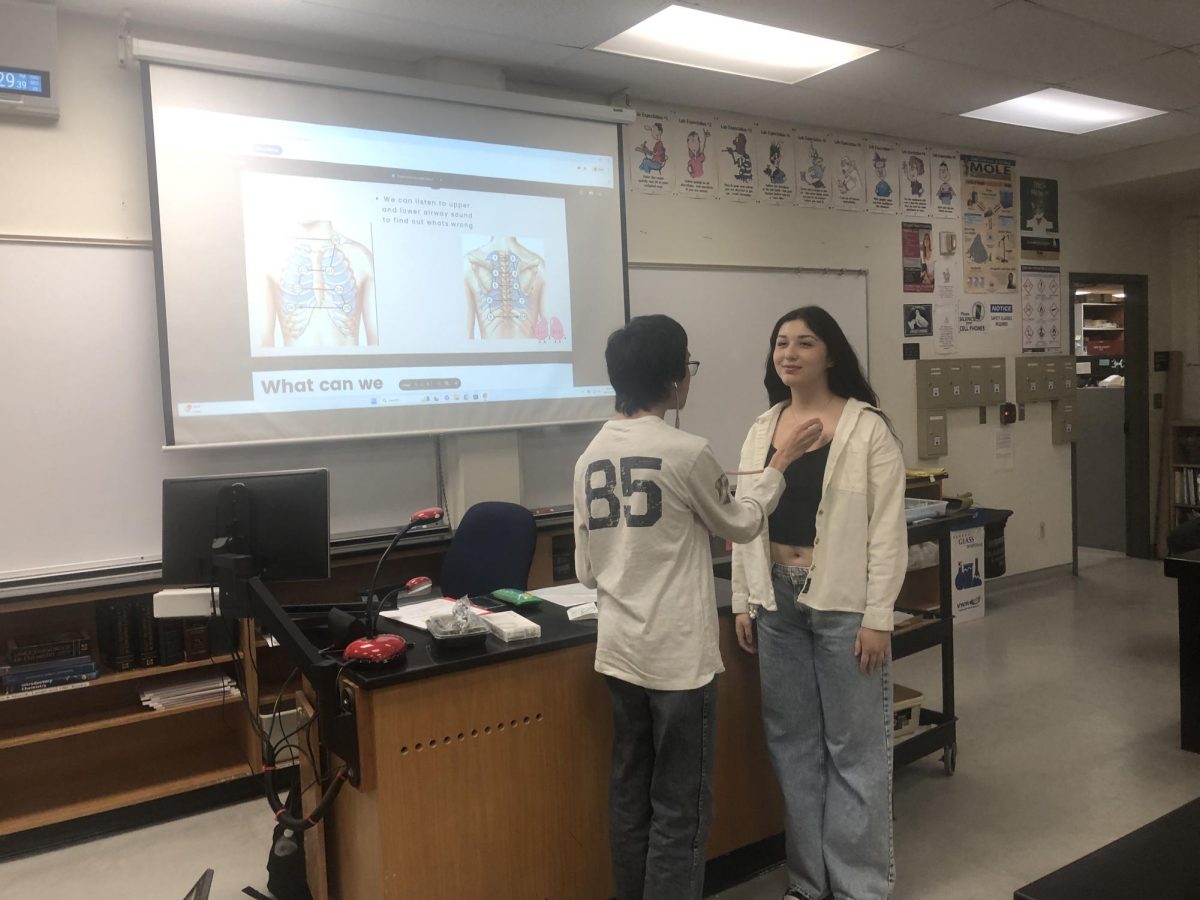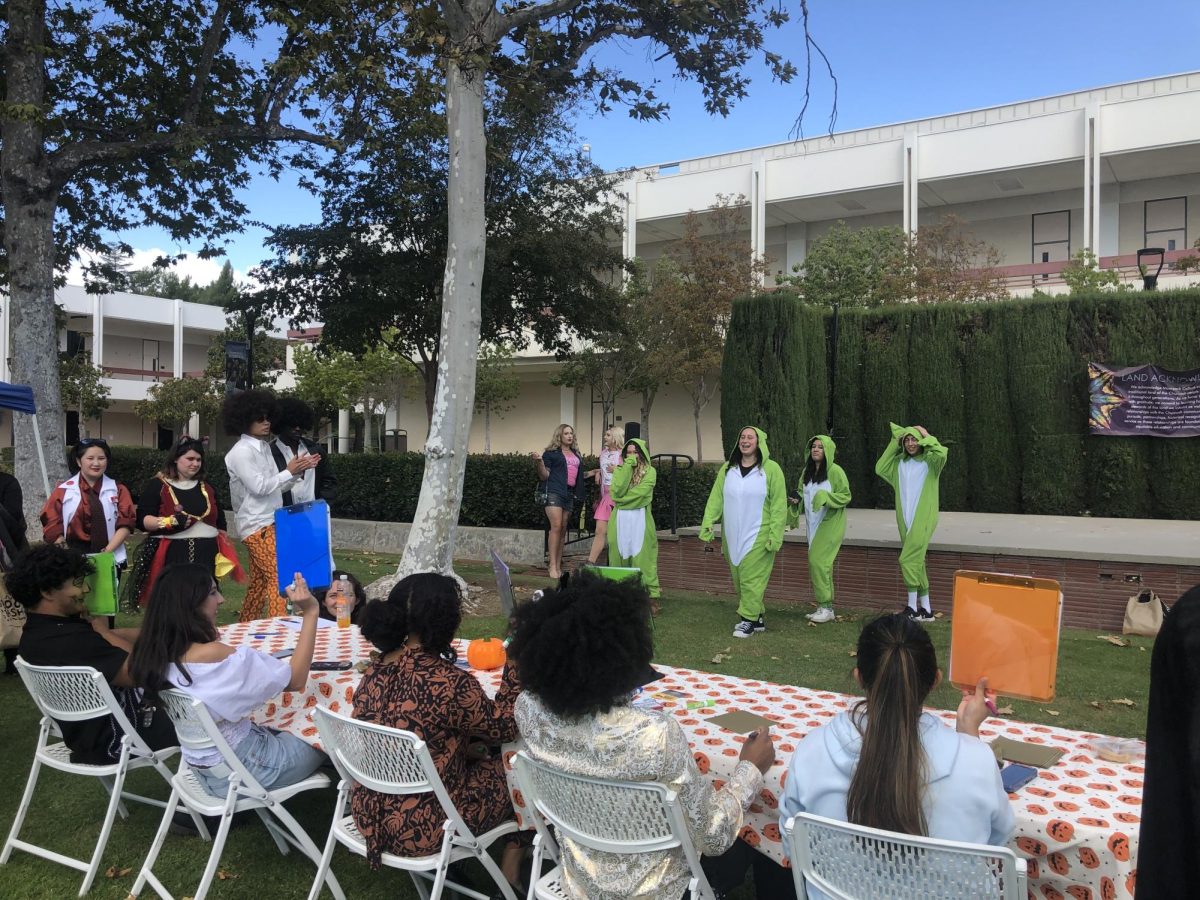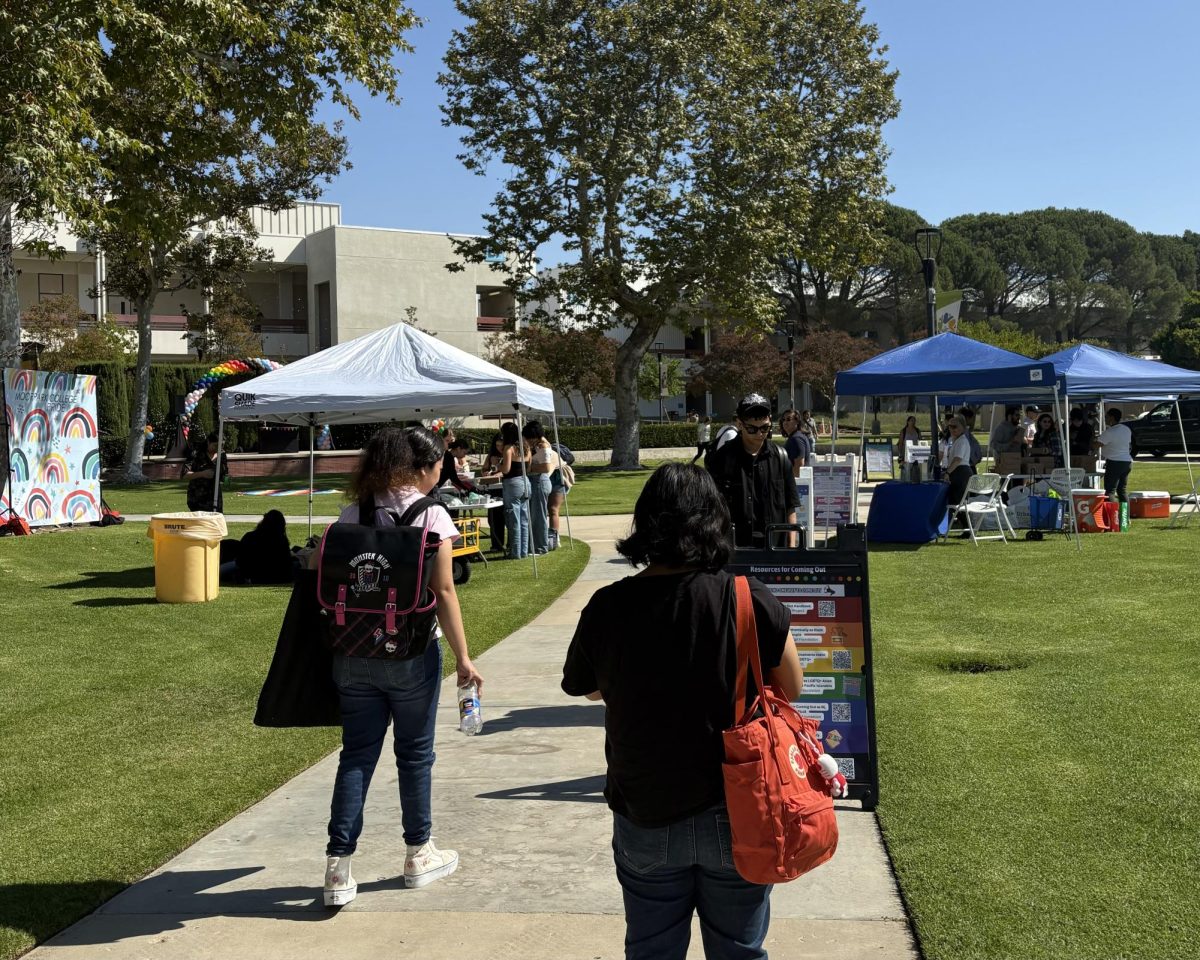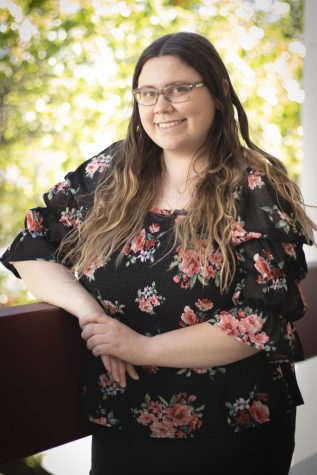Since COVID-19 has caused all VCCCD schools to transition to online classes and with many business closed, more students have found themselves getting used to a new normal. The mental and emotional toll can be draining for many.
Dr. Clarissa Green-Anicich, supervising psychologist for Moorpark College’s Student Health Center, gave some healthy tips on how to consume media involving updates on the pandemic.
“My biggest piece of advice during this time is finding the balance in-between staying informed and taking breaks from media exposure to focus on you,” Green-Anicich said. “Staying informed can provide us with important information to keep us safe, direct us to vital resources and lets us know where to help or donate. However, too much media or social media exposure can lead to feeling overwhelmed, anxious or worried.”
With lots of worry and panic setting in around the county and country, it is easy to get stuck in a rut. Constant updates surrounding the news can make many feel more anxious.
“Worry is an important tool – as it can help us plan for the future and make us have more empathy for others. But too much worry becomes unhelpful and damaging to our health,” Green-Anicich expressed.
A healthy balance is easier said than done, but it is key in order to stay on top of tasks. Having a set routine may lead to a stronger sense of focus.
Allison Barton, Health Educator at Moorpark College, suggested some productive habits to begin in a time of self-quarantine.
“Get up and go to bed at the same time every day, leaving 8-9 hours for sleep each night. Eating at about the same time every day. This will help your body regulate hunger and help prevent over-eating,” Barton said. “If stress eating is a problem, think about setting a time for a reasonable special treat.”
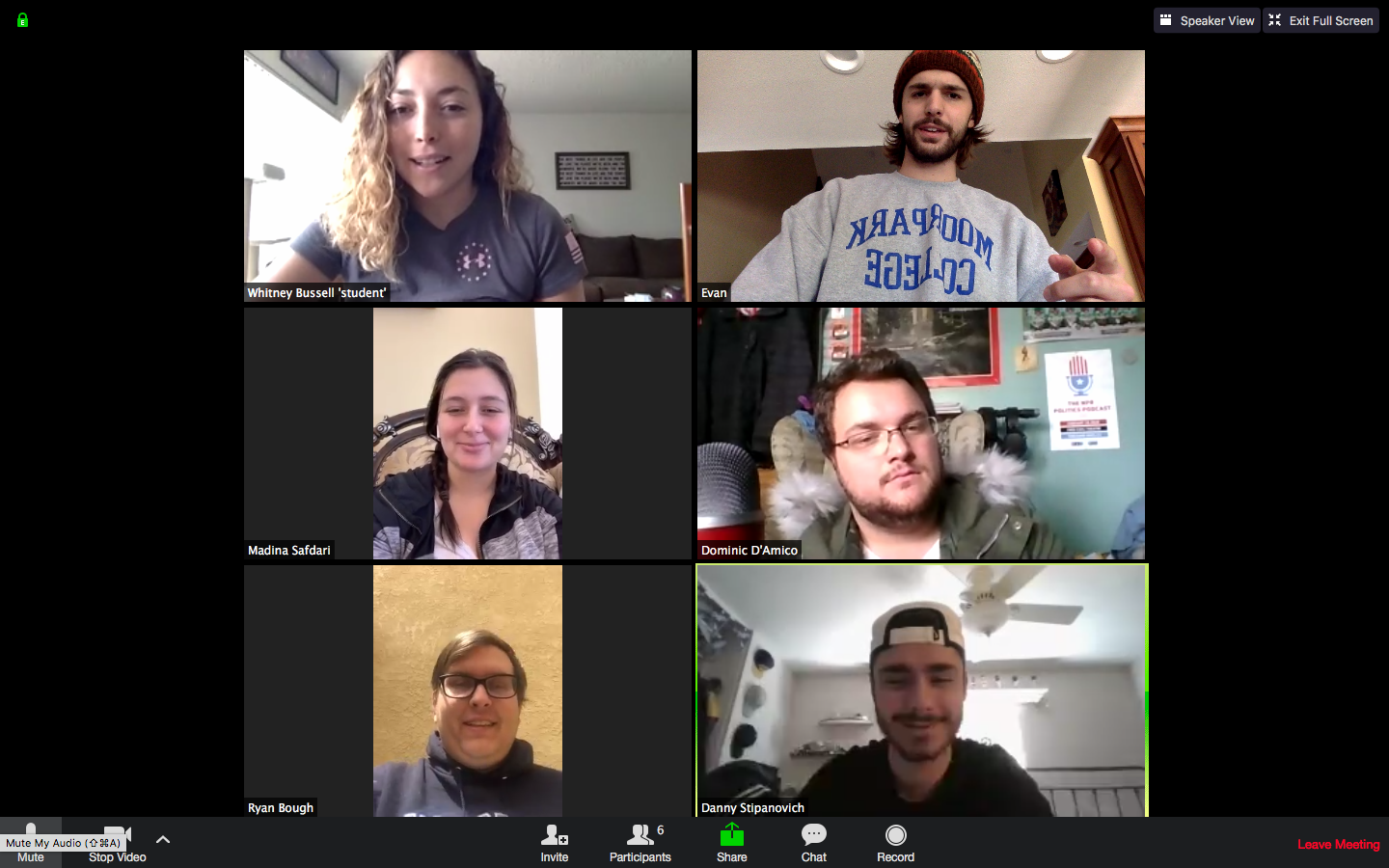
With the internet being filled with many helpful tools, YouTube has many workout videos and cooking videos to follow at home. Interacting with friends and family via popular apps like Zoom, Skype, Google Hangouts and Houseparty is a great way to virtually socialize.
“Many students use substances to cope with anxiety, and they just don’t help, and do greatly interfere with sleep. Cutting down or eliminating substances (alcohol, tobacco, and other drugs) will really help with managing feeling overwhelmed,” Barton expressed.
Barton suggests reaching out to a crisis counselor by texting HOME to 741741 for help with major or minor distress. Additionally, online Alcoholics Anonymous meetings are available for those in need of support.
A positive way of releasing tension and dealing with anxiety is with meditation and mindfulness. Moorpark College has a mindfulness website where students can follow guided meditations from a beginner level and learn more about the value of mental health.
Apps such as Headspace, Calm, Liberate and UCLA Mindful offer guided meditations. Online sites with therapy services include USC Telehealth, 7 Cups of Tea and Talkspace.
In stressful times such as these, finances, housing and food are often the biggest stress. Services that can help include the Samaritan Center Simi Valley, Moorpark College Food Pantry, TAY Tunnel or calling 211. Information for additional resources for Moorpark College students can be found here.
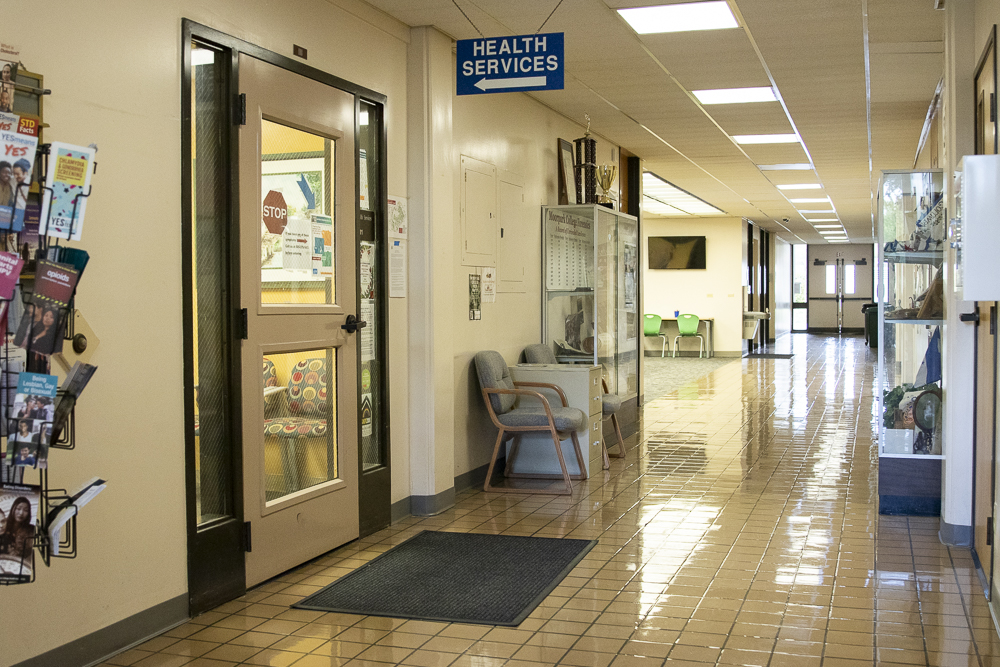
Sharon Manakas, Coordinator of the Student Health Center said, “Our medical staff is also available to triage medical concerns over the phone.”
Any student that wishes to speak about their mental health or health in general can contact the Student Health Center via phone at (805) 378-1413 on Monday- Thursday 8 a.m. to 5 p.m and Friday 8 a.m. to 12 p.m. The Student Health Center has also introduced an Instagram page, Finding Calmish, for students to follow for further resources and tips.
For more information about the Student Health Center and services, visit their website. To stay up to date about how COVID-19 is affecting the VCCCD, visit the alerts website.

